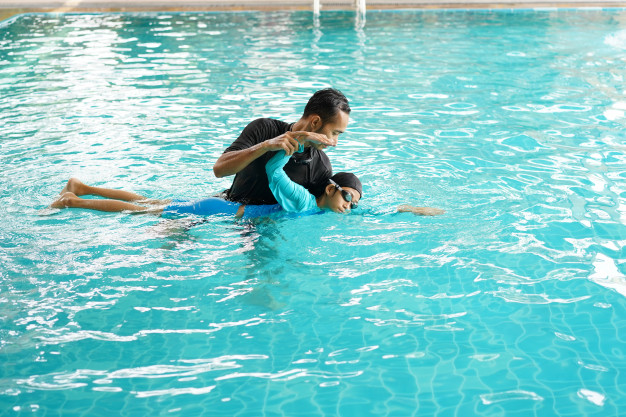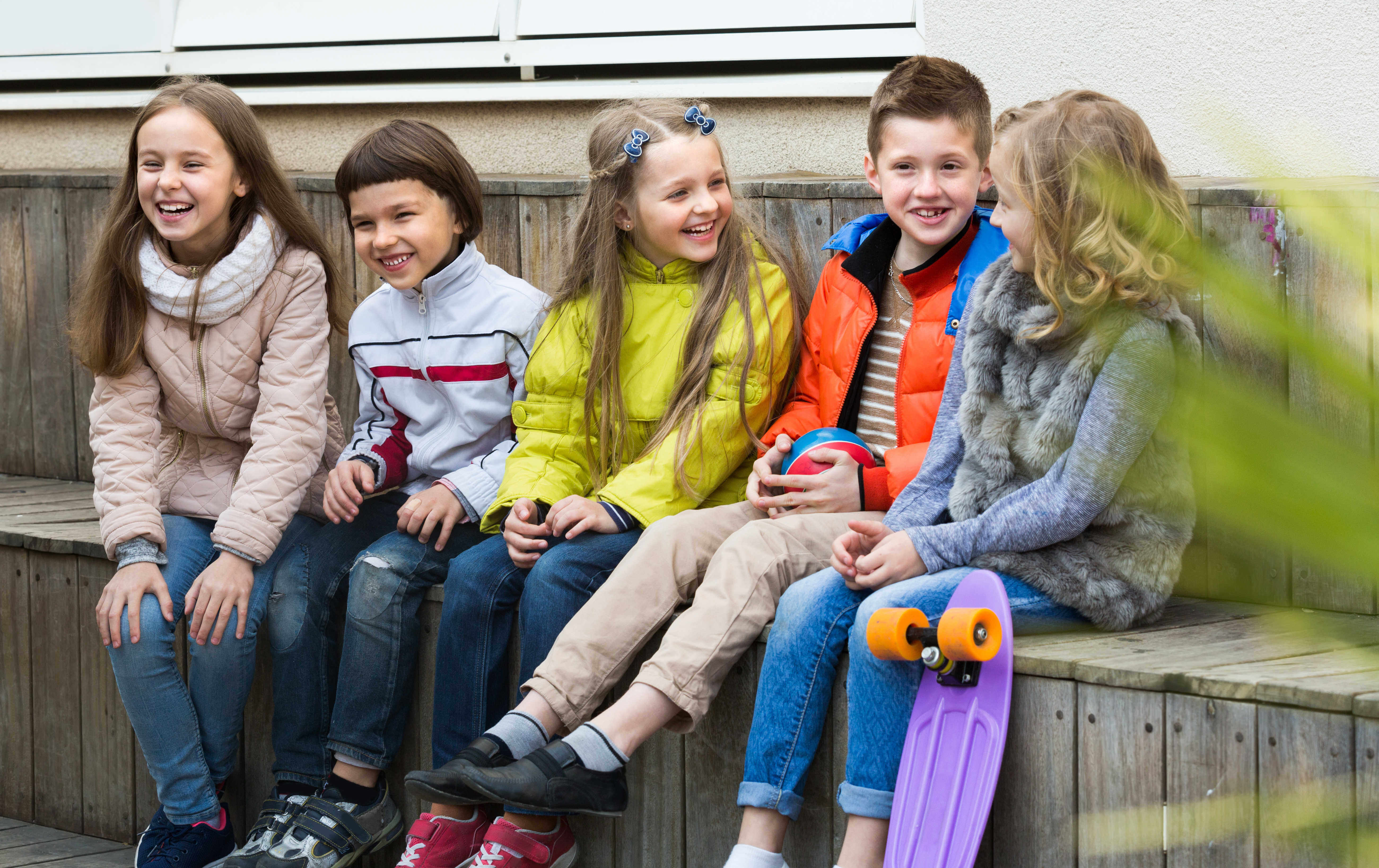Coding is not necessarily the first thing you think of when asked what your kids do at school. Coding involves programming language and writing lines of code. You associate these tasks with professionals who want to pursue a career in this industry.
However, several educational institutions now introduce coding in the curriculum. It seems like the world has become more dependent on the internet these days, and knowledge of coding is an advantage. Whether kids ultimately become professional programmers or not, they will receive these benefits from learning to code.
Creative thinking:
Coding involves building computer games and animation movies. Kids not only learn coding language in the process, but they also explore ideas. They become creative. They learn how to tell stories and create characters. They don’t limit themselves with rote learning but look at things from different perspectives.
Problem-solving skills:
Coding involves lots of problem-solving. During the process, children learn how to find the best method to solve a problem. The solutions may or may not work, but they can at least try. They also learn how to work hard until they accomplish their goals, and not give up because they find something too difficult to solve.
Teamwork:
Coding for kids does not only involve one person. The process requires several minds to think together. They need to communicate with other kids, discuss the best techniques and negotiate. These are skills you usually associate with adults, but it is not too early to introduce them to kids.
Presentation skills:
Kids don’t only work on the code. They also need to present their output. They discuss what they did in the process. Along the way, they learn how to present themselves and feel confident when talking in public.
Self-learning:
It is not good to keep telling kids what to learn and how to learn. At some point, they need to have the freedom to discover things without assistance, or with minimal supervision. It is one of the benefits kids will receive if they try coding. They will receive the task, and it is up to them how they make the most of what they receive.
Build friendships:
Kids bond when they share the same interests. Those who love speaking and discussing will most likely hang out in the same place. Those who love math will work together on problems during the break. The same thing can happen with kids who enjoy coding. They will work together and even spend more time with each other outside the class.
Boost self-confidence:
You can’t expect kids to excel in all areas of learning. Some of them might find it difficult to do well in school because they feel like they are not good at anything. With the addition of coding in the curriculum, they might finally find something they feel interested in doing, and it will make them feel confident.
Given these benefits, you need to find a school that offers coding as part of the curriculum or enrol your child in a place to learn how to code.
Read Also:





















